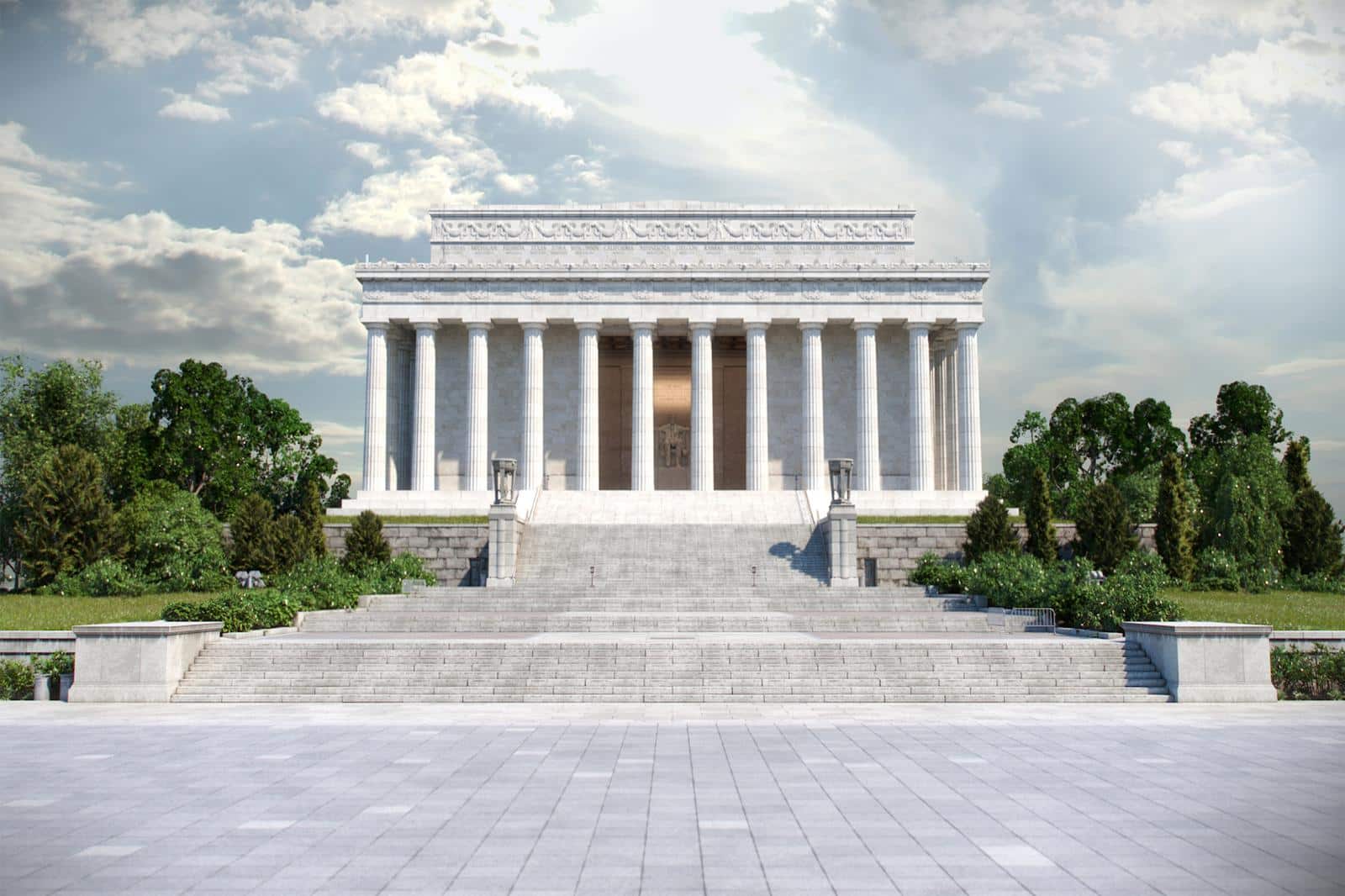Continental Congress
Following the Boston Tea Party in December 1773, the British government closed the Boston port, placed a British general in charge of Massachusetts’s government,…
This encyclopedia provides a comprehensive reference explaining the major concepts, institutions, court cases, epochs, personalities, and policies that have shaped, or been shaped by, American federalism. It describes federalism’s creation and evolution, and its influence on local, state, and national governmental institutions, procedures, and policies. The models used to explain the various historical eras in the development of federalism are also included. Originally published by Greenwood Press in 2005, this encyclopedia contained over 400 entries relating to American federalism. In its current online form, entries are being added and old ones updated. See more…

Following the Boston Tea Party in December 1773, the British government closed the Boston port, placed a British general in charge of Massachusetts’s government,…
Constitutionalism is committed to the rule of law. In constitutional, rule of law regimes, preexisting rules provide necessary foundations for all government actions. A…
As it emerged from the Philadelphia convention in the fall of 1787, the proposed new Constitution of the United States did not contain a…
On June 14, 1787, William Paterson, delegate from New Jersey, rose in the Convention on behalf of a coalition of delegates who desired to…
The Connecticut Compromise was a proposal in the Constitutional Convention of 1787 to create a bicameral legislature composed of a Senate, with equal representation…
State legislatures have a significant impact on American federalism due to their constitutional responsibilities, political influence, and intergovernmental roles. They vary remarkably in their…
On May 12, 1912, the Seventeenth Amendment, replacing indirect election of the U.S. senators by state legislatures with direct election by the people, was…
On May 29, 1787, the third day of the Constitutional Convention, Virginia Governor Edmund Randolph submitted a proposal for a new form of government.…
The Confederate States of America (CSA) had two constitutions, a Provisional Constitution that was in effect from February 8, 1861, to February 18, 1862,…
“Police power” refers to the inherent and general authority of a state government to enact laws to protect the health, safety, and welfare of…
A covenant is a morally informed, perpetual, consent-based agreement that depends primarily on the efforts of the covenanting parties themselves for monitoring and enforcement.…
In 1816, Congress chartered the Second Bank of the United States. (A first bank had been established in 1791 during the administration of George…
Conditional grants are monetary transfers from one level of government to another, either through competitive project grants or through more general block grants, which…
235 to 247
|
481 Results
The Center for the Study of Federalism (CSF) is a nonpartisan, interdisciplinary research and education institution dedicated to supporting and advancing scholarship and public understanding of federal theories, principles, institutions, and processes as practical means of organizing power in free societies.
All of the CSF Fellows hold advanced degrees, are affiliated with academic institutions, and are scholarly experts in their fields. For more on each Fellow see CSF Fellows.
Most political and public issues in the United States are influenced to some extent by its federal system. Yet many do not understand that system. The CSF website seeks to foster a better understanding among the general public and scholars of federal governing systems generally and, specifically, of the federal system of government in the United States of America.
The CSF materials are free to use for educational purposes. If published, please acknowledge CSF as the source. If you intend to use these materials for profit, please, contact the Center for the Study of Federalism for permission. Some materials on the website are not owned by CSF and permission to use those materials should be sought with those holding legal title to the material.
Click here to sign-up to receive notifications about CSF materials and events. We will not share your email with any outside organizations or individuals.
Please direct all questions and comments related to this website, and inquiries about the research and teaching grants and awards, to us here. Remember CSF is a nonpartisan, interdisciplinary research and education institution.